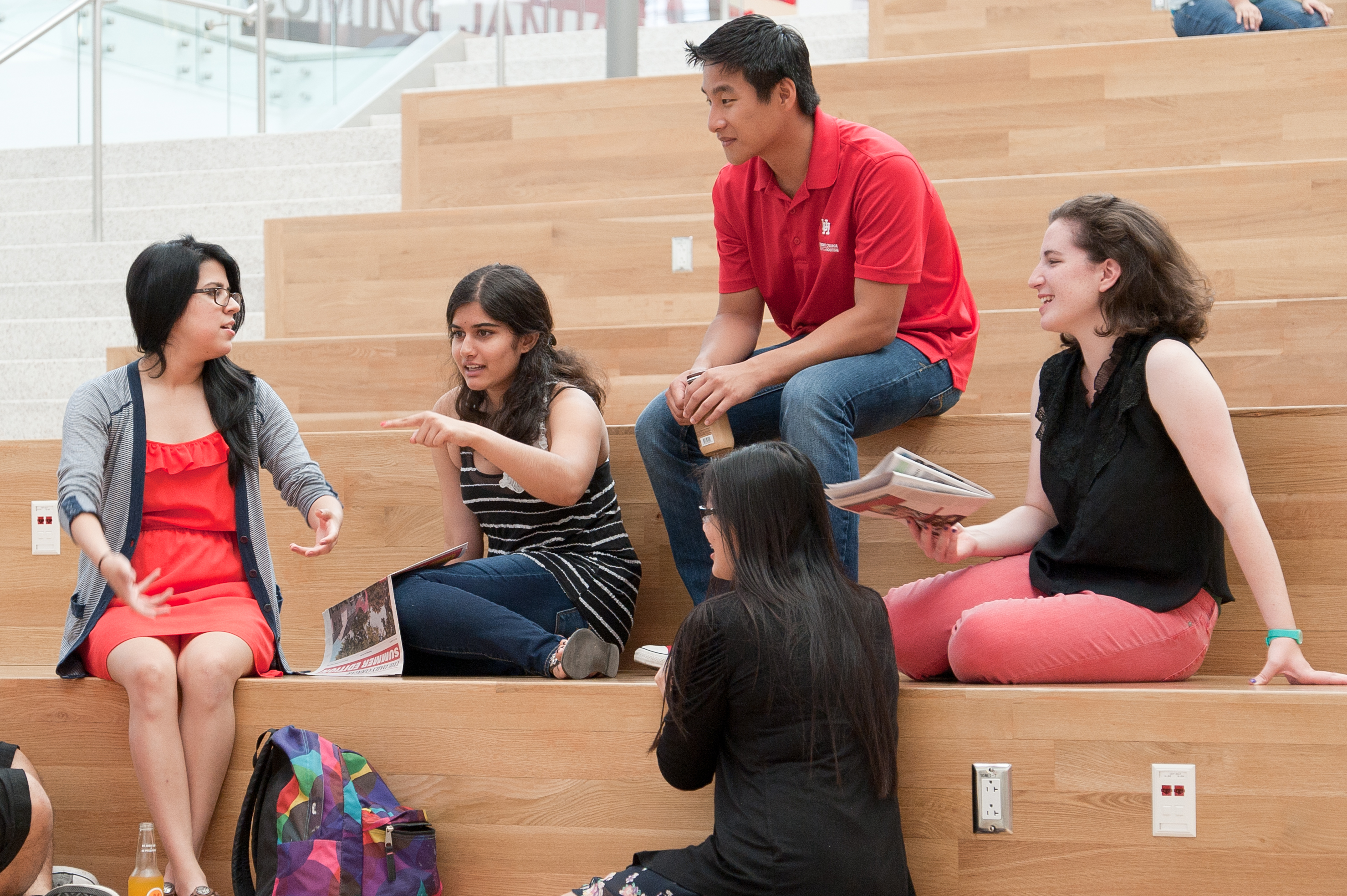Local Universities Invest in Houston Innovation
Published Aug 24, 2023 by Taylor Tatum
In addition to its growing network of incubators, accelerators, makerspaces, coworking spaces, and non-profits, Houston’s leading academic institutions are also investing in the region’s innovation ecosystem.
The University of Houston is set to break ground on a 70,000-square-foot, high-tech Innovation Hub this fall that is projected to open in spring 2025. The $52 million hub will house the Wolff Center for Entrepreneurship, the Energy Transition Institute, Presidential Frontier Faculty labs and offices, and a makerspace. It will serve as a center for academic and industry innovators to convene and advance research, commercialization, and education.
"There's all this talent that's out there — but we don't give them a place to come in and engage the future generations,” Ramanan Krishnamoorti, Vice President of Energy and Innovation at UH, said in an interview with InnovationMap. “This is an effort to provide a venue to create those unexpected, unanticipated collisions, create a talent pipeline, engage with experts, and build activities that will very quickly de-bottleneck some of the biggest challenges we have in the innovation space."
According to Krishnamoorti, the Innovation Hub will help bolster UH’s reputation on a national level, with the goal being to rival institutions such as Stanford University and MIT in 15 years.
Rice University is also seeking to bridge the gap between the university and Houston’s innovation ecosystem with the creation of its own innovation hub – Rice Nexus.
Located within the Ion, the space will be used for prototyping and scaling up the cutting-edge technologies being developed by Rice faculty, as well as workspaces and access to leading technical experts and business advisers. According to a press release from Paul Cherukuri, Vice President of Innovation at Rice, the goal of Rice Nexus is to provide a clear glide path for transitioning technologies from invention to commercialization.
"It's a two-way street. We're going to solve problems out in the real world and get those solutions to scale, and we'll be able to find new problems in the real world and bring them inside of Rice and create that new tech. We want to be able to make solutions." - Paul Cherukuri, Vice President of Innovation at Rice University
Rice University’s Office of Innovation recently named Adrian Trömel, a materials scientist and Houston founder, as the new vice president for strategy and investments, who will oversee the creation of Rice Nexus. Trömel will also lead the creation of a translational research grant fund and a university-affiliated venture fund for Rice-affiliated entrepreneurs.
Learn more about Houston’s innovation ecosystem.
 The Houston Report
The Houston Report



















